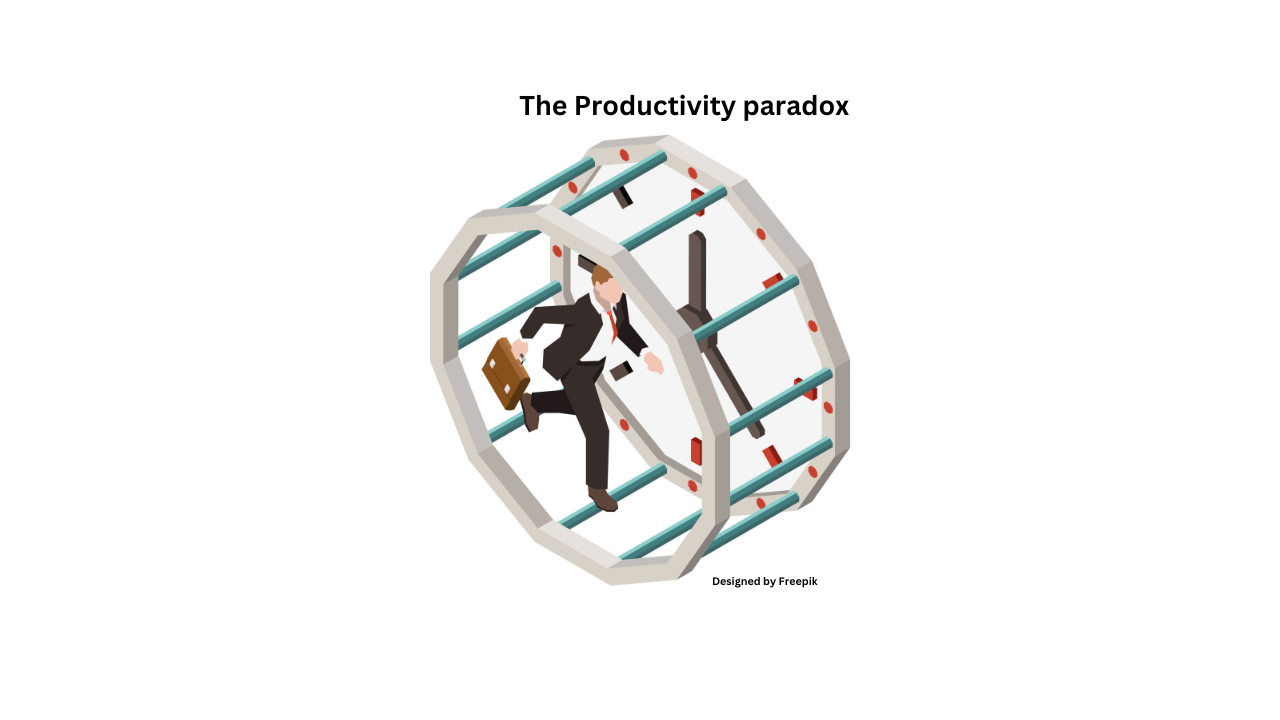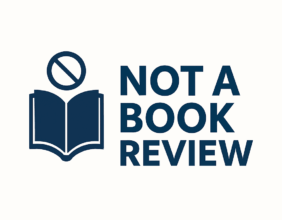Productivity Paradox: Evaluating People in the Intangible Industry
Jordi Anderson, after spending 25 years in the manufacturing industry, invests in biotech and becomes the Chief Business Officer (CBO).
He has been measuring productivity based on metrics such as output per labor hour and production volume, and methods like Six Sigma and lean manufacturing. Now, he is leading a small team working on developing a Target Product Profile (TPP) and indications prioritization.
One day, while getting a coffee at work, he sneaked a look at what his team was doing and saw his colleague Daniel on his seat, looking up at the ceiling, with his laptop open on slides – Indication Expansion Strategy. He goes back to his desk, and comes back after a couple of hours, and sees the team member in the same position with some notes on paper.
Jordi gets anxious, feeling that people in biotech are unproductive and wasting time. He recalls that in the manufacturing industry, people worked 50–60 hours per week in the plant and provided tangible outputs.
The next day, he calls an urgent meeting.
Welcome to the world of Intangible!
The problem is that many managers like Jordi try to evaluate people working in the intangible industry using similar metrics used in tangible industries such as manufacturing, mining, and oil and gas.
He cannot see the outcome directly because it is not physical, such as units produced per day or incident reports.
However, working in the intangible industry requires thinking and developing soft or tacit knowledge, which cannot be measured by the number of hours devoted. Adding insult to injury, these soft factors—such as creativity and tacit knowledge—are built in several ways: experience, reading, writing, curiosity, open-mindedness, and having a great mentor.
Now imagine you want to build your knowledge through the above factors, but you are always in meetings. You decide to talk to your manager, explaining that you need breaks to take a walk, read, or have your “me time” to think. Most managers would be shocked by your “weird” requests. The fact is that great ideas often come not during back-to-back meetings, but while taking a shower, in a pensive mood, or during a long walk.
So, how should managers evaluate a person in the intangible industry?
- Output Tangibility:
In classical old industries, the output is often physical in terms of quantity, quality, and time, which managers can see. However, the intangible business is knowledge-based, service-oriented, or creative. So, if a person works on clinical design, develops a TPP, or creates a marketing/commercial strategy, they should be evaluated based on creativity, quality of work, innovation, and behavioral skills—not on how late they stay in the office or how many pages of work they produce. - Process of Making Decisions:
In the manufacturing industry, the processes are standardized and repetitive. In intangible industries, processes are dynamic, and knowledge is decentralized. Employees can read from the best minds, tweak their ideas, and use analogical frameworks to arrive at decisions. Managers need to be open-minded to evaluate decisions not just by the outcome, but by the quality of the decision-making process. - Long vs. Short Term Impact:
In tangible industries, the impact is seen in the short term due to tangible outputs, standardized processes, and measurable metrics. However, in intangible industries, such as a mid-sized pharmaceutical company adding a new vertical of biosimilars or shifting its focus from cancer to increasing longevity, the impact is long-term. Should you evaluate your people in the short term?
Understanding these differences can help managers evaluate people correctly and create a better work atmosphere.
We know the cliché: employees don’t leave the company; they leave their boss.
What other ways do you think managers could evaluate people in the intangible industry?
Looking forward to your comments.



